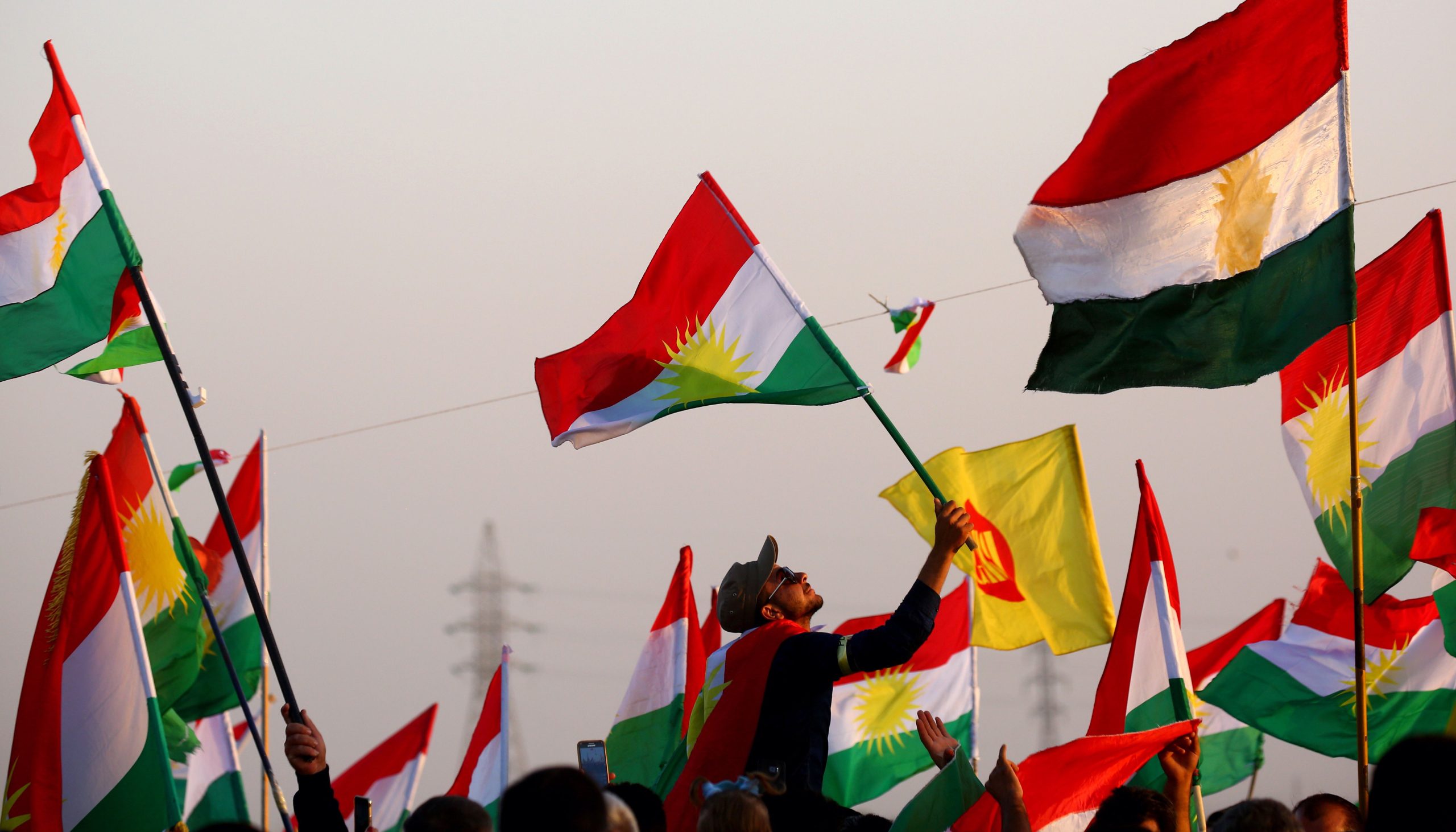In March 1988, Saddam Hussein orchestrated the deadliest chemical weapons attack on civilians in history in Halabja, a Kurdish city in Iraq, killing an estimated 5,000 people. This atrocity was part of Hussein’s longstanding campaign to target non-Arab minorities in Iraq, particularly the Kurds, who resisted assimilation and sought self-determination.
Despite being an ancient ethnic community, Kurds were denied a national home and faced persecution across several countries, including Iraq, Iran, Syria, and Turkey. The international community largely overlooked these crimes, prioritizing geopolitical interests over the plight of the Kurdish minority.
The Halabja massacre was not an isolated incident; it was one of many genocidal attacks against Kurds in Iraq, resulting in hundreds of thousands of deaths. Despite receiving limited autonomy and a no-fly zone enforced by Western powers after the Gulf War, Kurds continued to face oppression from the Iraqi government. Attempts by Kurds to pursue independence, such as the 2017 referendum, were met with harsh retaliation from Baghdad, with little condemnation from the international community.

Western leaders have often prioritized maintaining a unified Iraq over supporting Kurdish independence despite the Kurds’ stable governance and distinct identity. This inconsistency was evident when the US opposed the Kurdish referendum in 2017, prioritizing Iraq’s stability over the Kurdish population’s desire for independence. Baghdad’s actions, including seizing Kurdish territory and imposing economic sanctions, further underscored the challenges Kurds faced in achieving self-determination.
The complex relationship between the US and the Kurds reflects broader geopolitical dynamics in the Middle East. While the Kurds have been crucial allies in fighting ISIS and other extremist groups, American support has been inconsistent and often short-lived. Despite their contributions to regional stability and their progressive society, Kurds have been sidelined in favor of maintaining relations with Baghdad and Tehran.
The American Kurdish Committee, established in 2023, aims to advocate for closer ties between the US and the Kurdish people and ensure that atrocities like the Halabja massacre are not forgotten. As Kurdish leaders seek support from the US to counter Iraqi and Iranian aggression, the international community faces a moral imperative to prioritize human rights and support the Kurdish quest for self-determination.


